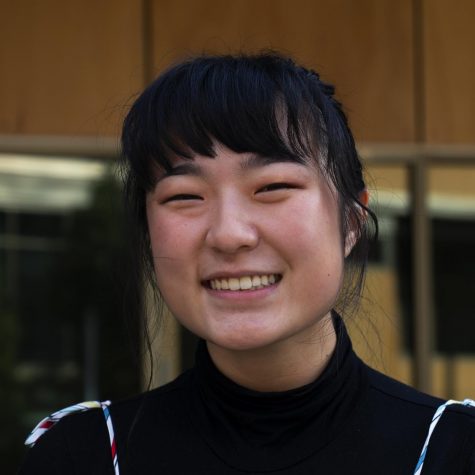Living Large, Loving Little
March 16, 2020
“It’s everyday bro with the Disney Channel flow. 5 mill on YouTube in 6 months, never done before. Passed all the competition man PewDiePie is next, man I’m popping all these checks, got a brand new Rolex and I met a Lambo too, and I’m coming with the crew. This is Team 10, bitch, who the hell are flippin’ you?” It has been about two years since Youtuber and online influencer Jake Paul, has bestowed his song “It’s Everyday Bro” onto the world, and it stands as the pinnacle example to the fervid “flex culture” that has rampaged through the internet from 2017 to now. This idolization of the glitz and the gold, luxury brands and logos, was both the brand and the claim to fame for many online influencers like Bryan Quang Le (known online as “Ricegum” and the short lived icon that was 12-year old child rapper, “Lil Tay.” Although this promotion of wealth may seem light hearted, are the impacts of this gilded lifestyle just as positive as the intentions?
What separates a “bad” influencer from a “good” one is percieved authenticity and relatability. Celebrities like Kylie Jenner can be criticized for being out of touch with the rest of the world due to her wealth, but Jeffree Star manages to avoid the same criticism despite the two both being makeup moguls who have become massively wealthy (Jenner being declared the “youngest self made millionaire” at age 21, and Jeffree Star earning “after taxes and other overheads are taken out… approximately $70 million” a year.) There stands a thin line between being loved and being loathed; what decides this fate is the influencers perceived authenticity by their audience. In her dissertation for West Virginia University Hannah Gnegy explores this topic writing, “As long as the individual acknowledges real and fake qualities, it is still considered an authentic experience. It is when the individual does not acknowledge his or her reality properly that questions of authenticity arise.” Junior Alessia Camiolo comments on the relatability of influencers saying, “[relatability can be lost because] not everyone has money, and not everyone has the ability to look like them, and if they are flexing all the time with brands that no one can afford especially young people [who] don’t have the money for expensive brands.”
Just as there can be perceived “good” and “bad” influencers on the terms of their authenticity, there can be a similar type-casting based on the morals of their intentions and how they use their platform. Senior Lewis Liu says, “It’s hard to be a positive influencer, but it’s easy to be a negative influencer.” Plenty of unsavory characters reach high levels of fame despite the criticism they recieve like Logan Paul and Victoria Waldrip (more commonly known online as “Woah Vicky.”) Online celebrities like these two seem to be following the motto of, “there is no such thing as bad publicity,” and often, through the scandals and outrage they create, it pays off; creating a disheartening cycle of problematic behavior and half-hearted apologies for the sake of a wider internet following. An example of this can be seen back in 2018. Logan Paul had uploaded a vlog (which has since been taken down) during his time in Japan where he found the body of a suicide victim hanging in the forest. He had titled the vlog, “We found a dead body in the Japanese Suicide Forest..” and even though he demonotized the video, listed multiple suicided hotline numbers, and gave a light warning of the content disclosed in the video, it was not enough to compensate for the video’s content where Paul makes multiple jokes and close shots of the body (which he censored the face of) several times. In the article, “1 Year After His Infamous ‘Suicide Forest’ Video, Logan Paul Is Bigger Than Ever,” Jesselyn Cook writes, “Despite the Japan calamity and subsequent controversies, he said he raked in “pretty friggin’ close” to Forbes’ estimate of $14.5 million in the 2018 review period, eclipsing his 2017 earnings by $2 million. The vlogger has emerged from scandal relatively unscathed, with a higher income and more subscribers than ever.”
Although it can be disheartening to hear tales like Logan Paul’s, plenty of influencers online have taken a different path to how they use their online presence. Camiolo says, “There are influencers who can influence positively; like they do positive things [with issues] like climate change. But there are influencers who are just there for the money, so it just depends on what the influencers do.” Jimmy Donaldson (more commonly known as “Mr. Beast,”) helped create Team Trees, a fundraiser that has planted 21,775,597 trees and counting. Alok is a gender non-conforming writer, who uses their Instagram to upload both their colorful outfits and powerful annecdotes on the trans experience. Just as there are online celebrities who seek to stir the pot, there are just as many who have began to use their platform and wealth to bring good to the world. Sophomore Luke Boyd says, “Money itself can’t buy happiness but what you do with it can lead to happiness.” We as media consumers can seek to spread the love by uplifting those online who make good out of their money, unlike those who believe instead that it is their money that makes them good.


